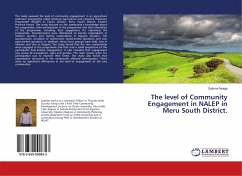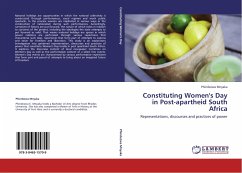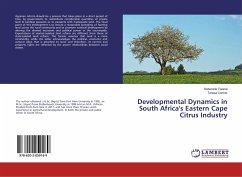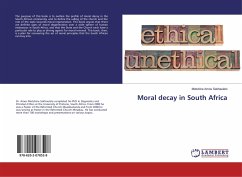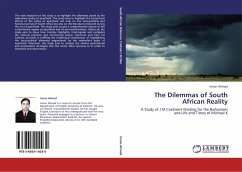
The Dilemmas of South African Reality
A Study of J M Coetzee's Waiting for the Barbarians and Life and Times of Michael K
Versandkostenfrei!
Versandfertig in 6-10 Tagen
52,99 €
inkl. MwSt.

PAYBACK Punkte
26 °P sammeln!
The main objective of this study is to highlight the dilemmas posed by the malevolent policy of apartheid. The study aims to highlight the broad-term effects of the policy of apartheid not only on the socio-political and historical arenas of South Africa but also on the literature produced during the era of apartheid. The study aims to give a comprehensive exposé of the authoritative regime of apartheid and its evil manifestations. Above all, the study aims to show how Coetzee highlights, interrogates and castigates the colonial practices and constructed power structures and how far Coetzee s...
The main objective of this study is to highlight the dilemmas posed by the malevolent policy of apartheid. The study aims to highlight the broad-term effects of the policy of apartheid not only on the socio-political and historical arenas of South Africa but also on the literature produced during the era of apartheid. The study aims to give a comprehensive exposé of the authoritative regime of apartheid and its evil manifestations. Above all, the study aims to show how Coetzee highlights, interrogates and castigates the colonial practices and constructed power structures and how far Coetzee succeeds in fulfilling the intellectual commitment of highlighting the socio-political dilemmas engendered by the malevolent beast of apartheid. Moreover, the study aims to analyze the various postcolonial and postmodern strategies that the writer takes recourse to in order to dismantle and deconstruct.




